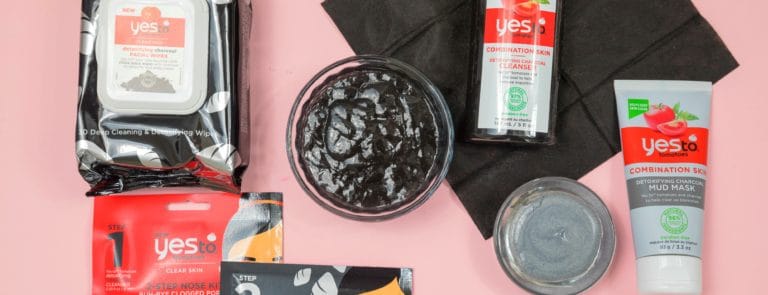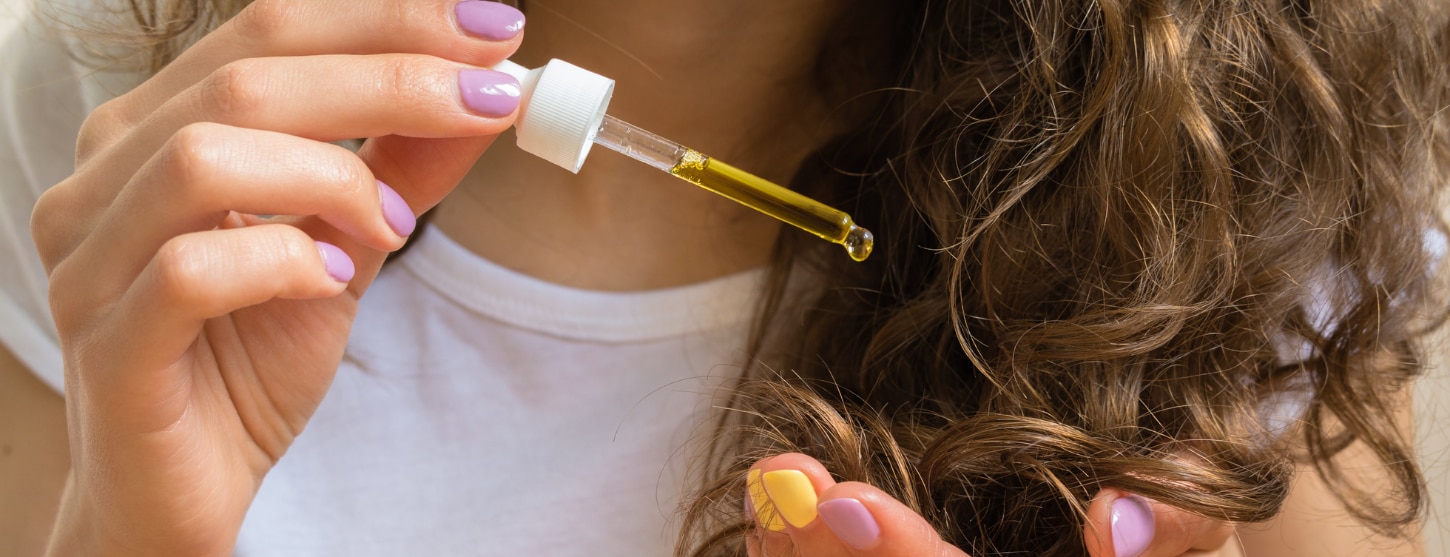20% off €35
Code:TREAT
Pruritus (itchy skin): causes and treatments

Pruritus is a term that simply means ‘itching’- the desire to scratch your skin. To find out the causes and treatment, visit the website today.
Summary
1What is pruritus?
Pruritus is a term that simply means ‘itching’- the desire to scratch your skin.
2What causes it?
The first cause is some type of skin condition which causes your skin to itch. The second cause of pruritus is an underlying health condition.
3What can be done about it?
There are many creams available over the counter which can be very effective to treat topical itching- just make sure they are unperfumed.
What is pruritus?
Pruritus is a term that simply means ‘itching’- the desire to scratch your skin.
Itchy skin can be a useful bodily response to harmful substances and external aggressors such as plant stings, chemical allergies and insect bites, but sometimes our bodies can mix up these signals and cause us to itch for seemingly no good reason.
In any given two-week period, the British Association of Dermatologists estimate that 8%-9% of the population suffer from significantly itchy skin.1
Handpicked content: Is your diet triggering your itchy skin?
What causes it?
Broadly, there are two main causes of pruritus.
The first is some type of skin condition which causes your skin to itch. For example, itching is a common symptom of many skin conditions such as eczema, psoriasis and hives.
In these cases, it’s usually accompanied by a rash and some mild inflammation, cracking or redness of the skin.2 In older people over 65, pruritus is frequently caused by having very dry skin. In cases such as these, treating the skin condition, such as with a moisturising cream, will stop the symptoms of itching.
The second cause of pruritus is an underlying health condition. This can be trickier as the skin usually won’t appear red or inflamed, unless it’s as a result of your scratching.
Thyroid or kidney problems can lead to skin itching in the absence of a skin condition, so make sure you get a thorough check-up with your GP if you’re experiencing itchy skin without any apparent skin disorder. Also, certain medications can lead to pruritus, for example opioids and anti-hypertensive drugs.3
Coming into contact with an irritant chemical can also cause an itch, especially if you have sensitive skin. There are many common irritants you might encounter on a daily basis, such as soap, shower gels, bath foam, even laundry detergent you use to wash your clothes.
Handpicked content: Natural ways to ease eczema
What can be done about it?
It’s important that you keep your skin moisturised with a high-quality moisturiser. Your GP might prescribe an emollient cream or a corticosteroid cream to help with the symptoms of eczema and other common skin conditions.4 Otherwise, there are many creams available over the counter which can be very effective to treat topical itching- just make sure they are unperfumed. If your itching is caused by hives, prickly heat, or an allergy, taking an antihistamine may help with blocking the allergic reaction.5
If you’re experiencing itchy skin, it’d be well worth looking at your personal care products and making the switch to all-natural and see if your symptoms improve.
We know it’s easier said than done but try to stop scratching your itches as this irritates your skin and makes the itching worse. Here are a few tips to stop scratching:
- It might help to trim your nails short, and wear cotton gloves at night if you feel that you’re scratching in your sleep.
- A good tip is to pat or lightly slap the areas that are itching instead of scratching them.
- Keep the skin cool and dry, as this can soothe your skin and take away some of the prickling and burning sensation which causes you to scratch.
- A cotton or muslin cloth soaked in cool water applied to the itchy area can help calm down angry skin.
- Try to wear loose, cotton clothing rather than tight or synthetic fabrics.
- And finally, switch to natural products.
If you’re experiencing itchy skin, it’d be well worth looking at your personal care products and making the switch to all-natural and see if your symptoms improve.
Handpicked content: Common skin conditions and how to treat them
- http://www.bad.org.uk/shared/get-file.ashx?id=121&itemtype=document
- https://www.nhs.uk/conditions/atopic-eczema/
- https://www.ncbi.nlm.nih.gov/pubmed/19479118
- https://www.nhs.uk/conditions/topical-steroids/
- https://beta.nhs.uk/medicines/cetirizine/
- https://www.telegraph.co.uk/news/health/news/10164452/Warning-over-epidemic-of-skin-allergies-from-chemical-in-cosmetics-and-household-products.html
Advice is for information only and should not replace medical care. Please check with your GP before trying any remedies.



